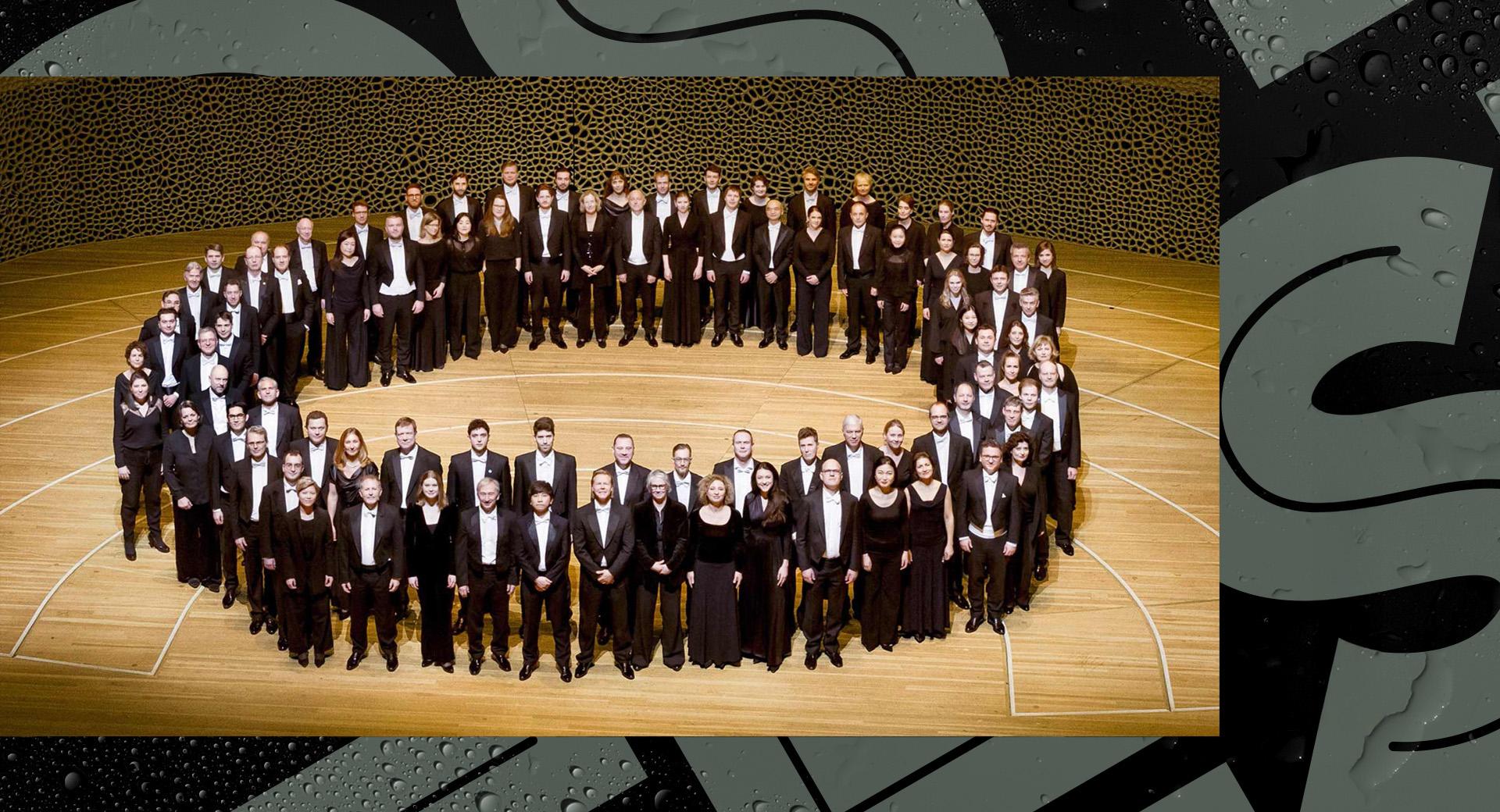Songs of Imprisonment
When the political fluctuations become stronger and lean towards the extremes, it requires courage to put one’s foot down and take a stand. When Mussolini wrapped his hand around Italy in the 1930s, it was through his music that Luigi Dallapiccola was able to protest, as in his Canti di prigionia, where he expressed his loathing for what was happening in the world. In the same world, the otherwise more agreeable Poulenc composed his dark and dramatic Penitential Motets.
This production is part of one or more concert series.
Listen to Peter Dijkstra describing the concert:
That art reflects its time may be self-evident, but it behoves us to remember that throughout history, it has frequently been mortally dangerous to reflect times of unrest through various artistic expressions. The theme of this concert is the absence of freedom, the barbarity of captivity and vulnerability. Having our freedom curtailed is among the worst things we can imagine, but it is also a reality for many people today – as it was yesterday. It is interesting that both Poulenc and di Lasso set music to Timor et tremor from the Book of Psalms, expressing an inner lack of freedom rather than a physical external restriction.
Francis Poulenc was so strongly influenced by his colleague Darius Milhaud’s choral piece, Cantate de la paix, or Cantata to Freedom, that he immediately set to compose his own Quatre motets pour un temps de pénitence, or Four Penintential Motets. But work progressed slowly, and he only completed the work two years later, in 1939. If you are familiar with Poulenc’s music, you recognize his very typical harmonics and melodic hooks. But here we meet a considerably more dramatic and serious Poulenc compared to many of his earlier, more playful, works. The composer excels in his treatment of the inherent drama of the text, using dramatic shifts and strongly expressive turns.
Luigi Dallapiccola’s Canti di prigionia, or Songs of Imprisonment, for choir, two pianos, two harps and percussion was composed from 1938–1941, in an Italy that, under Mussolini, was becoming increasingly fascist. The composer felt powerless and could only protest through his music. The piece opens with the medieval hymn Dies irae about Judgement Day, a melody that has held great fascination for many composers over the years. The three movements consist of a prayer, an invocation and a farewell. Dallapiccola expressed his loathing of what he sees around him in a somewhat harsh and desolate music where the Dies irae hymn recurs throughout the piece. The composer later used parts of the music in his opera, Il prigioniero, The Prisoner. In a positive contrast to the horrors of war, Dallapiccola completed his Songs in freedom in 1955, to celebrate how fascism had lost its hold over Italy.
Text: Thomas Roth



